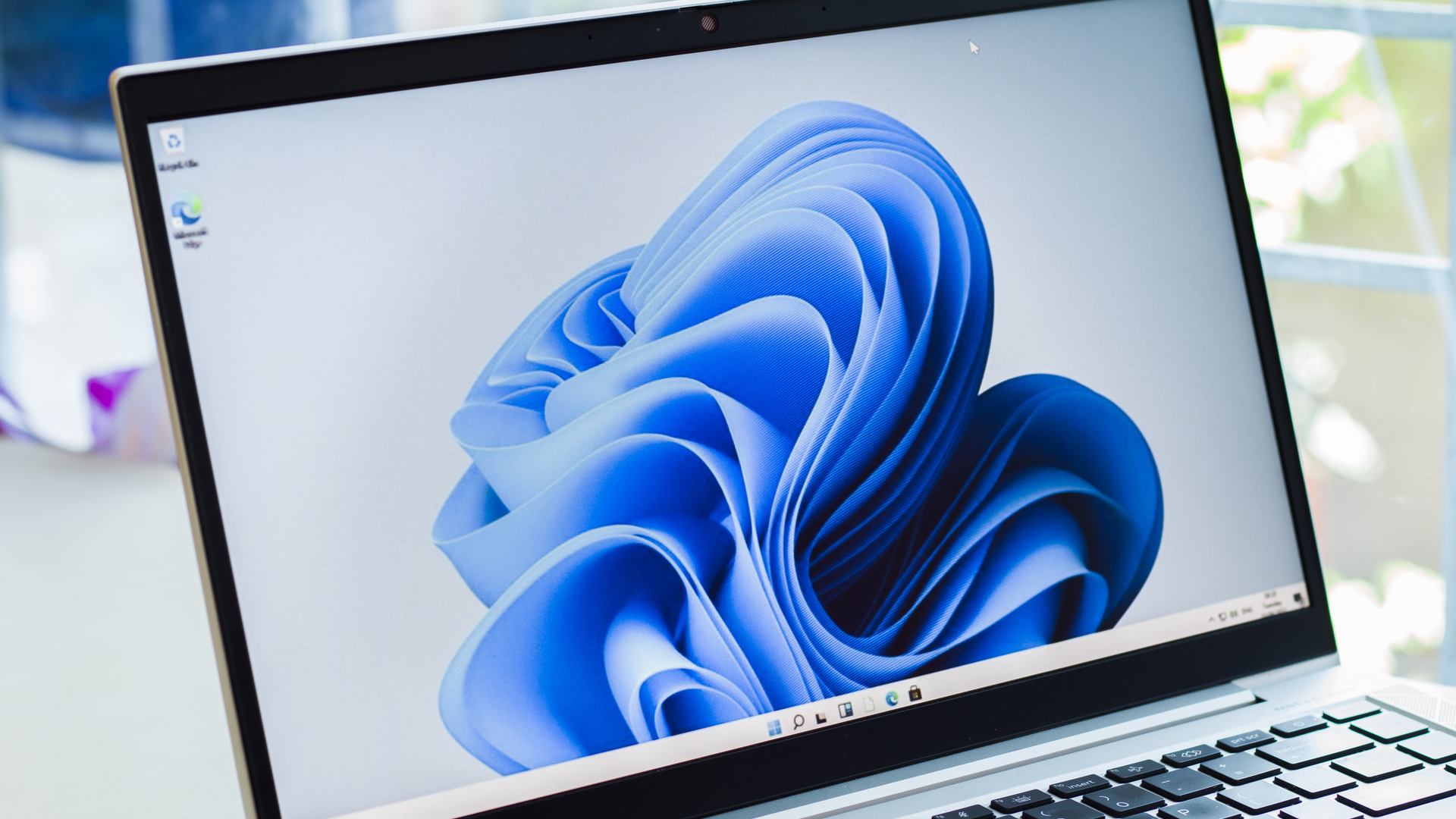Best fitness tracker 2026: Top picks from Apple, Fitbit, Garmin and more
These wearables have earned a spot on your wrist
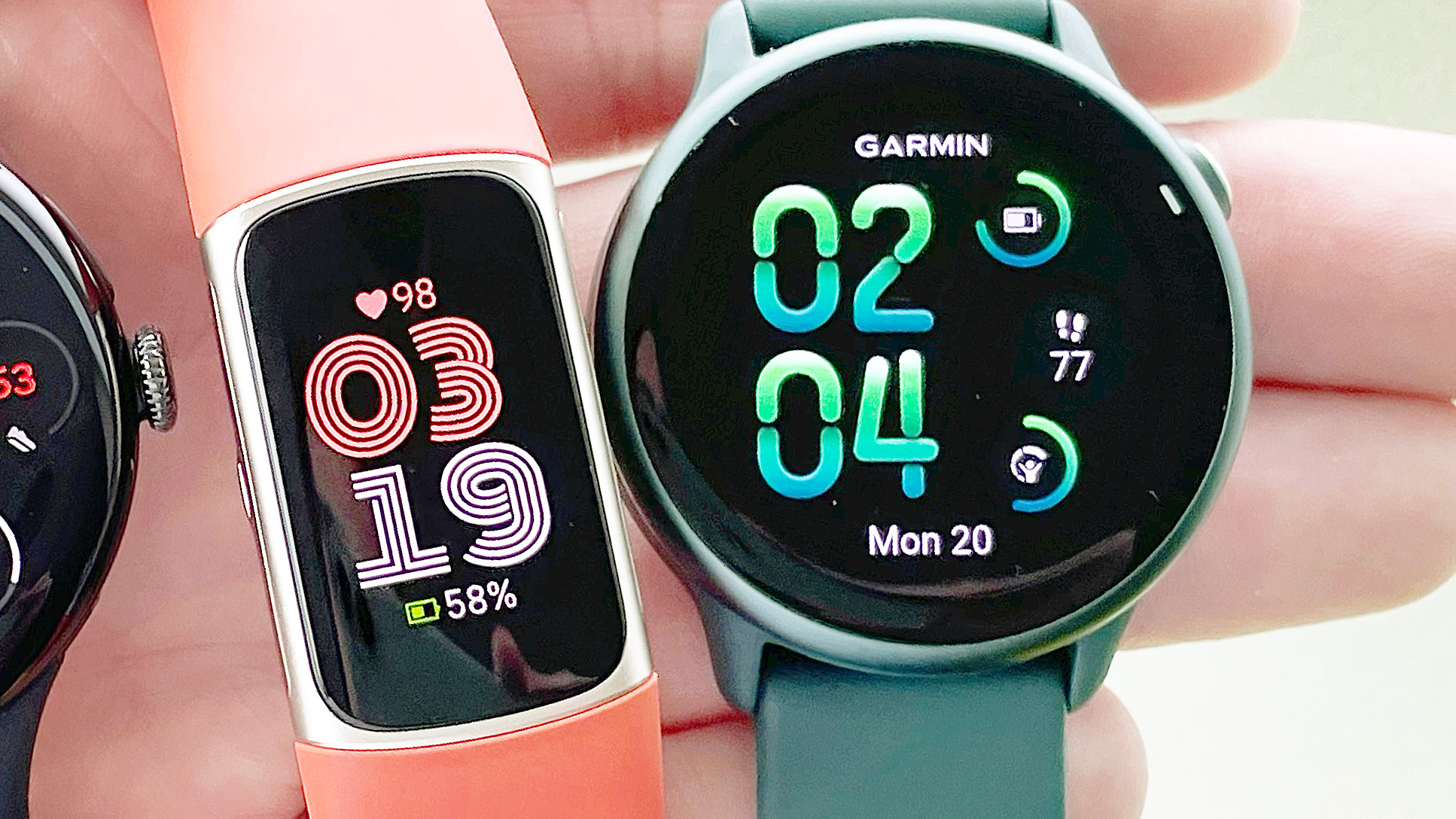
Here at Tom’s Guide our expert editors are committed to bringing you the best news, reviews and guides to help you stay informed and ahead of the curve!
You are now subscribed
Your newsletter sign-up was successful
Want to add more newsletters?

Daily (Mon-Sun)
Tom's Guide Daily
Sign up to get the latest updates on all of your favorite content! From cutting-edge tech news and the hottest streaming buzz to unbeatable deals on the best products and in-depth reviews, we’ve got you covered.

Weekly on Thursday
Tom's AI Guide
Be AI savvy with your weekly newsletter summing up all the biggest AI news you need to know. Plus, analysis from our AI editor and tips on how to use the latest AI tools!

Weekly on Friday
Tom's iGuide
Unlock the vast world of Apple news straight to your inbox. With coverage on everything from exciting product launches to essential software updates, this is your go-to source for the latest updates on all the best Apple content.

Weekly on Monday
Tom's Streaming Guide
Our weekly newsletter is expertly crafted to immerse you in the world of streaming. Stay updated on the latest releases and our top recommendations across your favorite streaming platforms.
Join the club
Get full access to premium articles, exclusive features and a growing list of member rewards.
I’ve been testing the best fitness trackers for years, and in 2026, the Fitbit Charge 6 is my favorite model. Of course, the brand most synonymous with fitness trackers isn't your only choice.
With a design that's more smartwatch-like, Garmin also makes some of the best fitness trackers in 2026, including the Vivoactive 6. For the cost-conscious, the Amazfit Active 2 and Amazfit Band 7 each punch well above their respective price classes.
With countless hours of testing, these are the best fitness trackers you can buy today, with an emphasis on comfort, simplicity, accuracy, and value.
The quick list
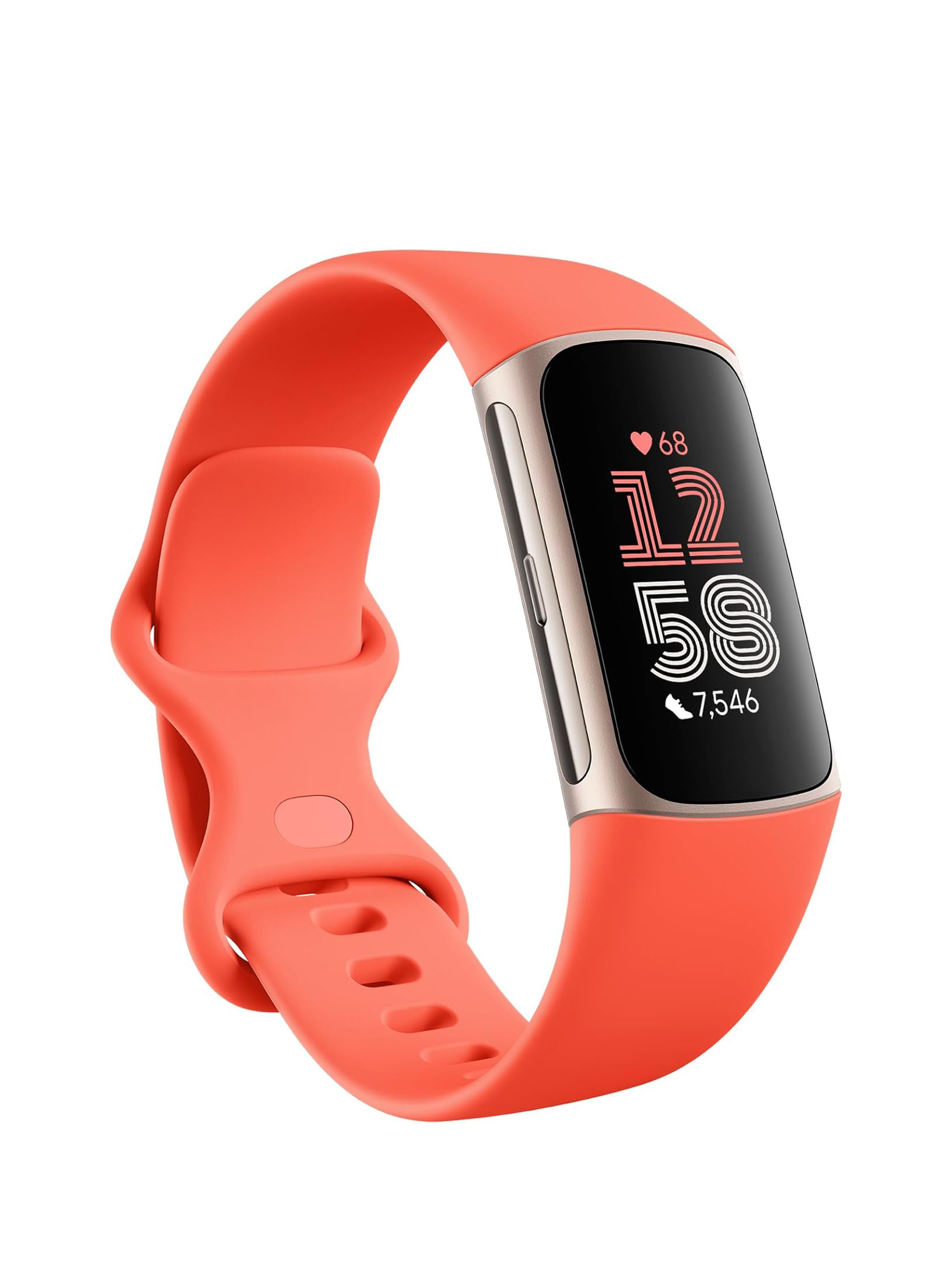
The Fitbit Charge 6 ticks all the key boxes when it comes to the best fitness trackers, offering great wearability, accurate metrics, reasonably long-lasting battery life and a bright screen, all at a very reasonable cost. It also has onboard GPS so you can leave your phone at home when working out.
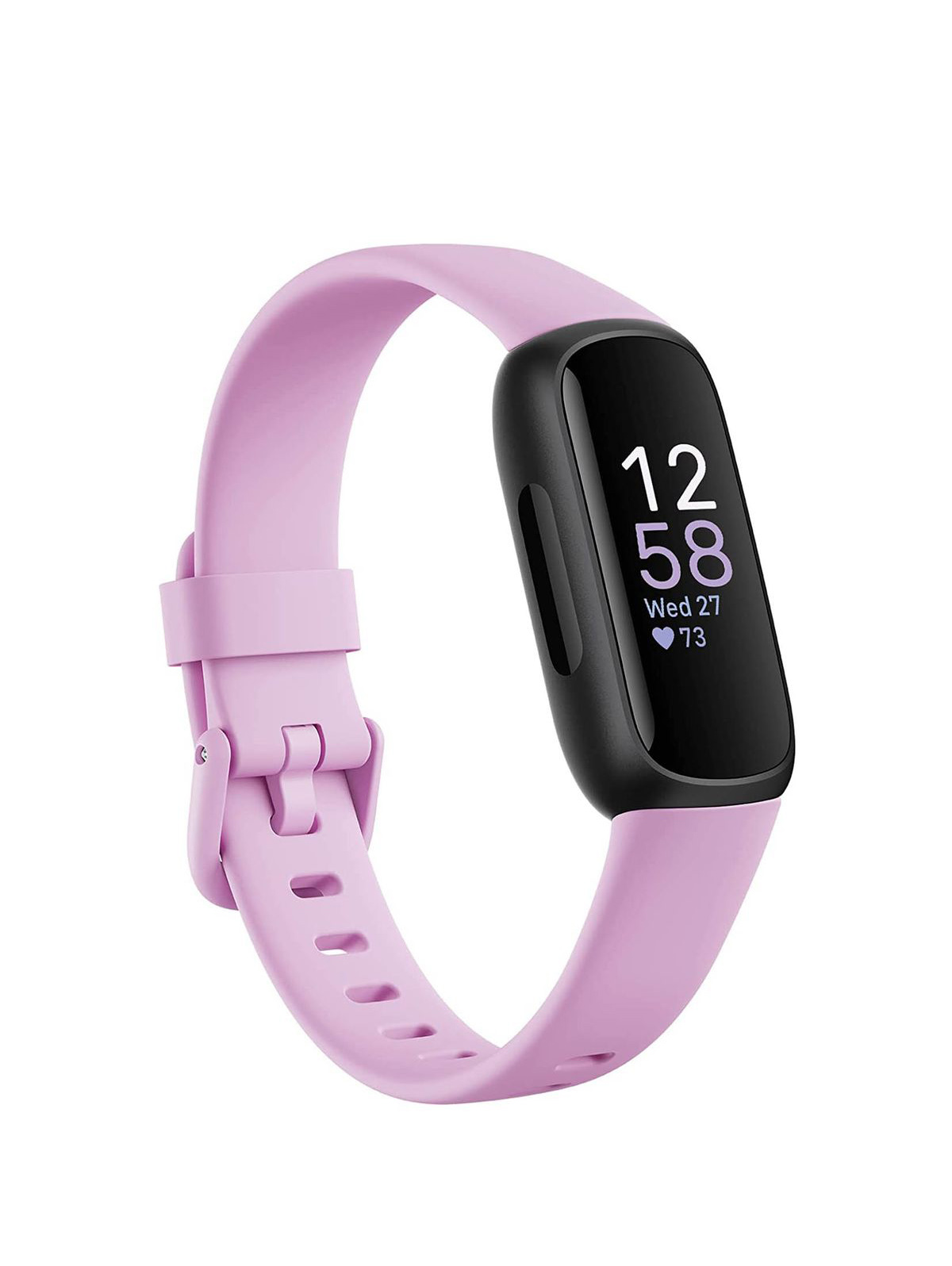
The Fitbit Inspire 3 is the best cheap Fitbit fitness tracker. For about $100, you’re getting ten days of battery life, a colorful band, and a bright AMOLED touchscreen, plus accurate heart rate and sleep monitoring.
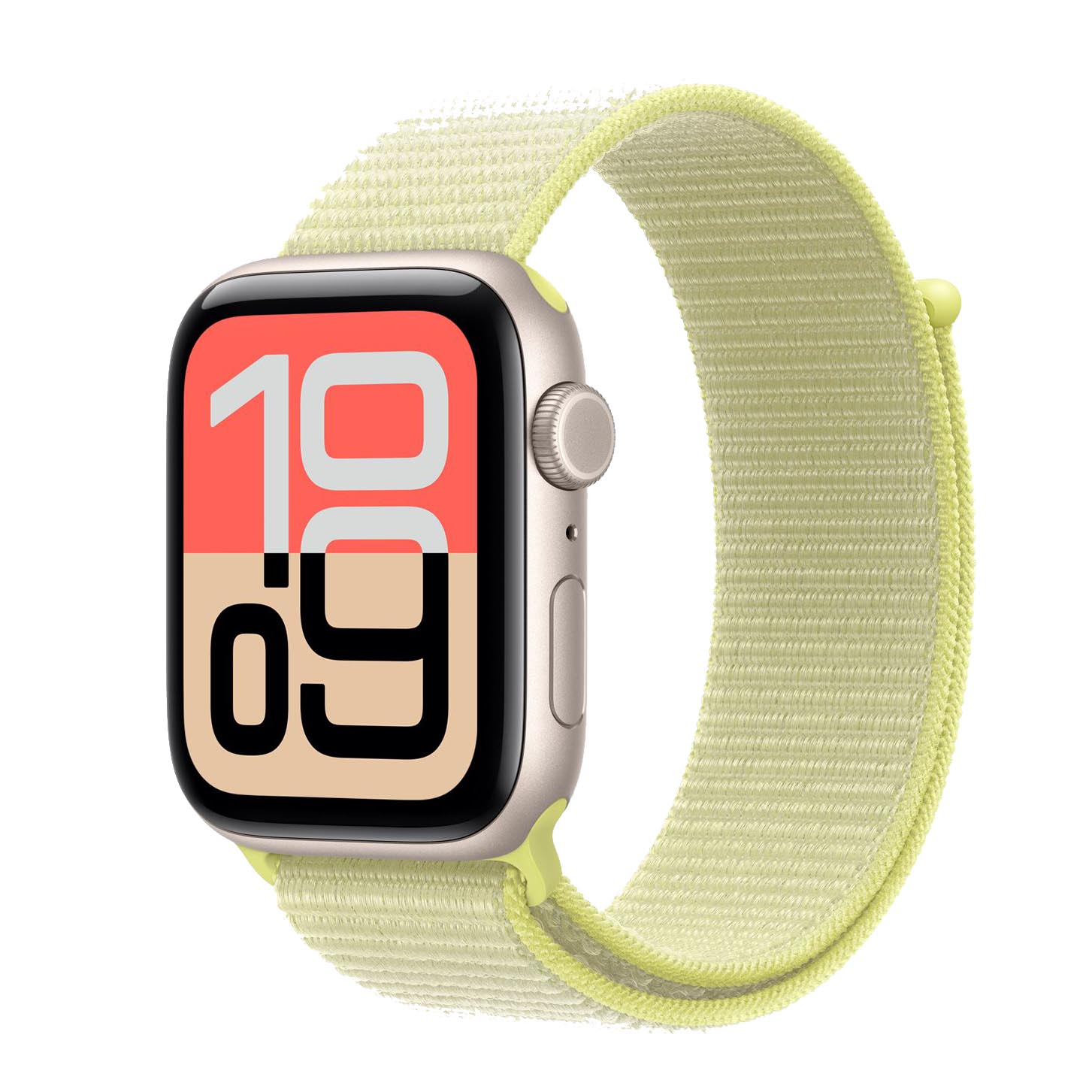
The Apple Watch SE 3 is more expensive than some of the other fitness trackers on this list, but it's the most affordable Apple Watch, and it'll track everything you need from your wrist. It has GPS, an altimeter and stores music for your workouts.
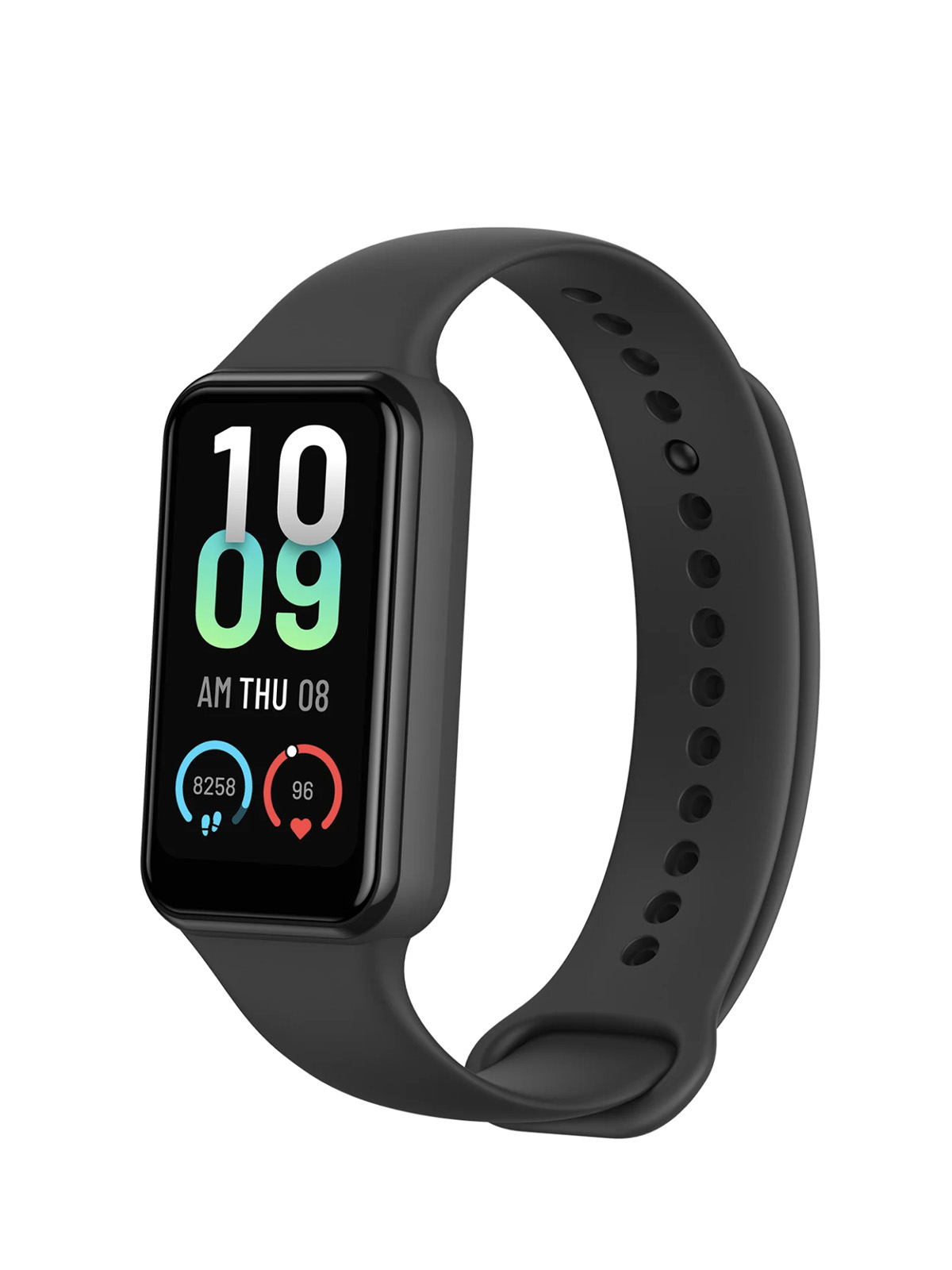
The Amazfit Band 7 is a lightweight and easy-to-wear fitness tracker with great battery life, good tracking accuracy and a fairly simple user interface, all for under $50. It also boasts impressive sleep tracking and has Alexa built in.
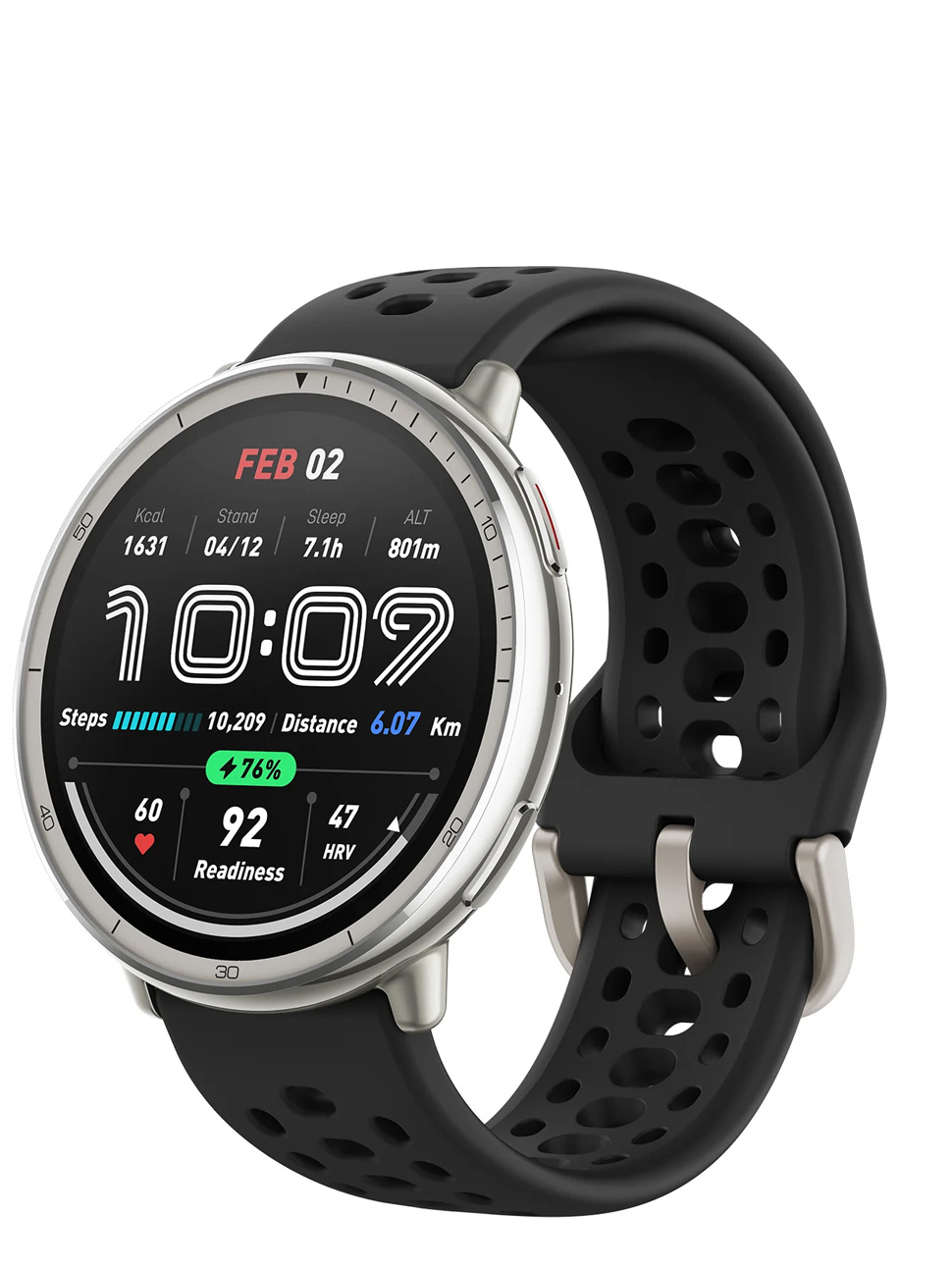
The Amazfit Active 2 is a budget-friendly fitness-focused smartwatch with over 160 workout tracking modes, onboard GPS, support for offline maps and solid sleep and wellness monitoring tools. Available in two versions, the standard edition is just $99.
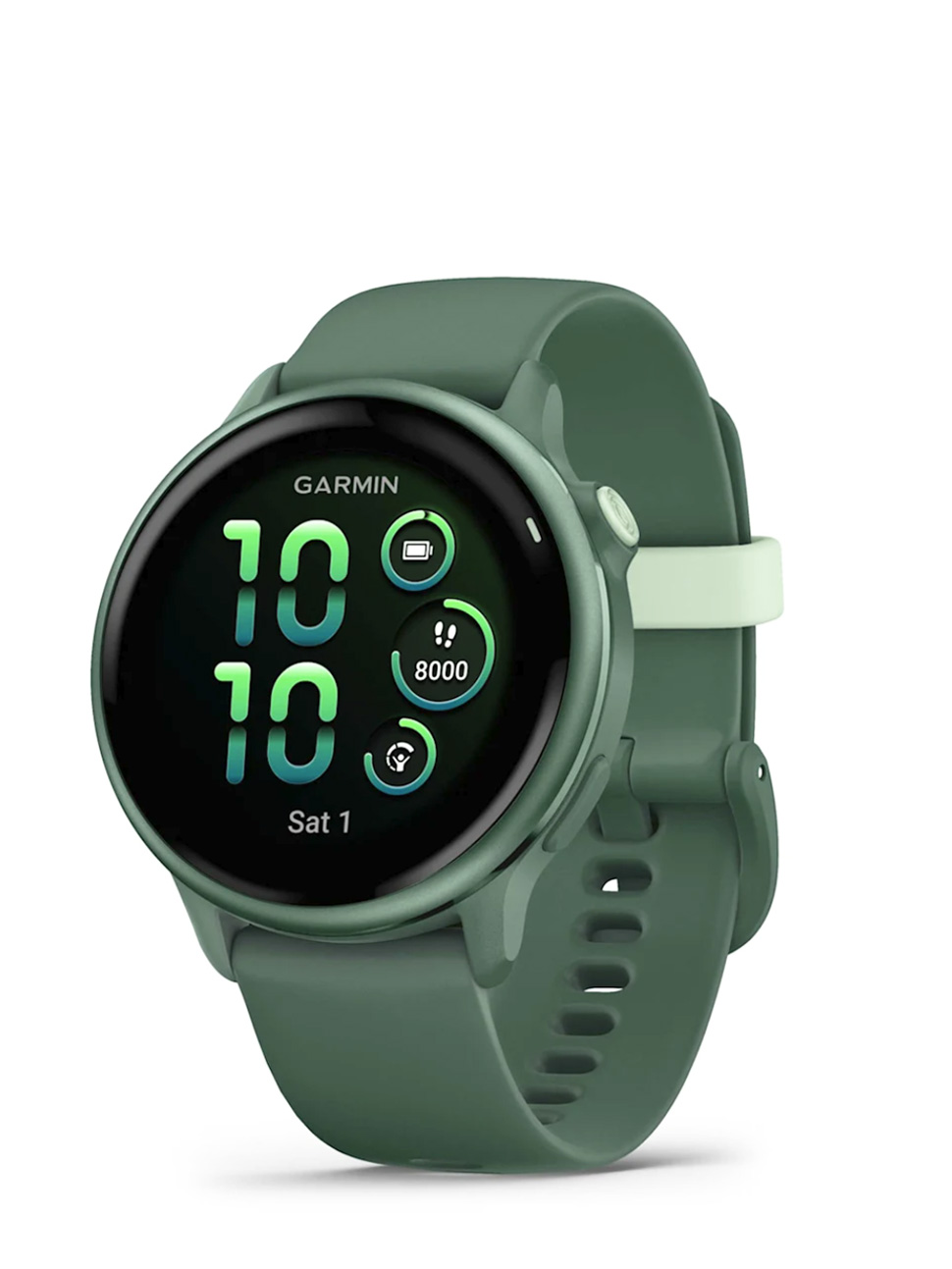
The Garmin Vivoactive 6 is my favorite modern replacement for the Fitbit Sense 2, with an impressive suite of fitness-tracking, training and wellness-monitoring tools. It also boasts just the right amount of smartwatch features, excellent battery life and a stylish, comfortable design.
The best fitness trackers you can buy today
Why you can trust Tom's Guide
Best fitness tracker overall
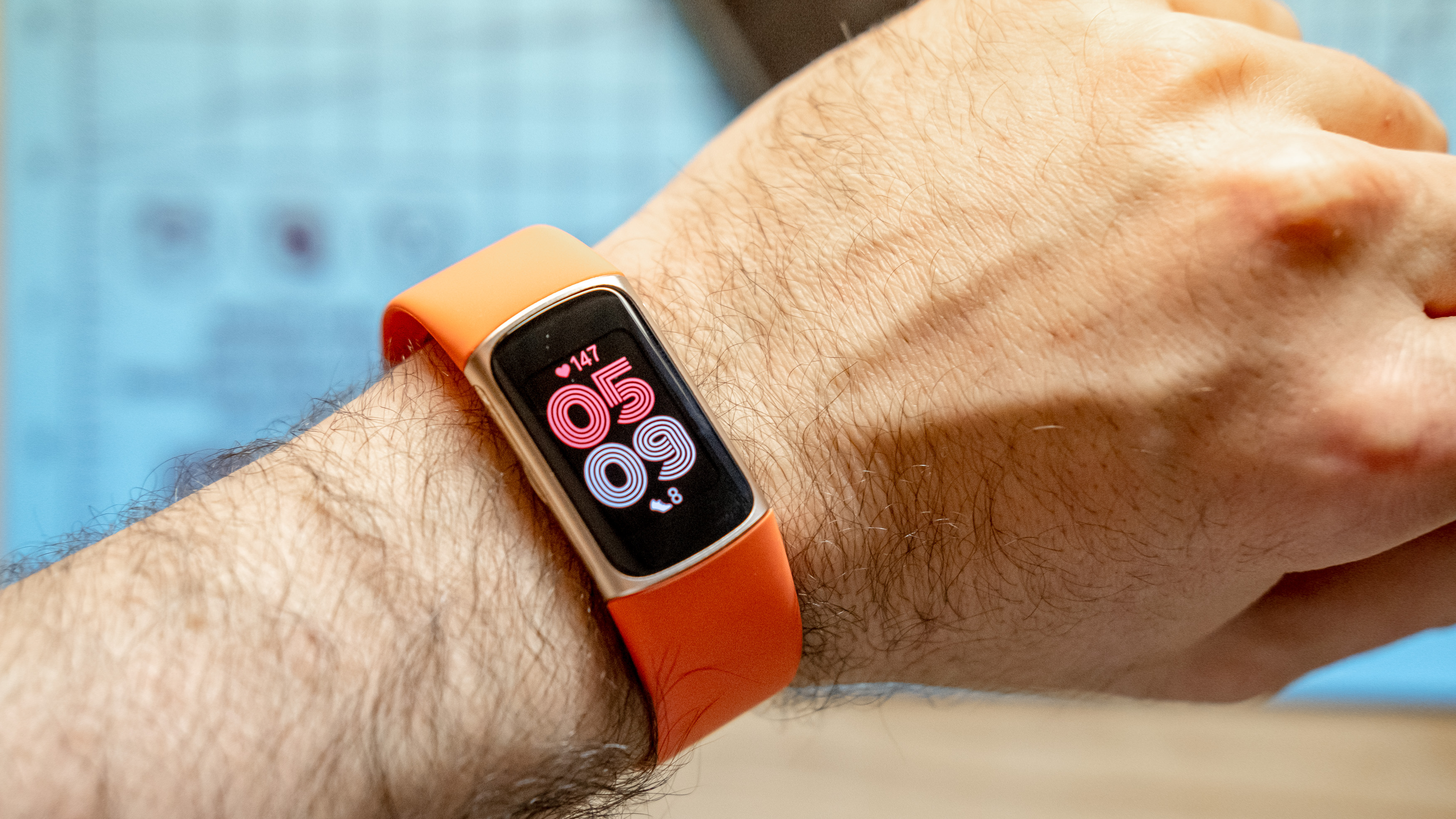

Specifications
Reasons to buy
Reasons to avoid
Though it was released in 2023, the Fitbit Charge 6 remains the brand's flagship tracker and the best fitness tracker for most people. Petite and discreet, but not as small as the Fitbit Inspire 3, the Charge 6 offers comprehensive fitness tracking and wellness tracking, with detailed nightly sleep reports, and a small selection of smartwatch-like features, including support for Google Maps, YouTube Music, and Google Wallet. Sadly, Google recently killed Fitbit support for Google Voice Assistant (but Amazon subscribers can still access Alexa).
A bright, albeit somewhat small, AMOLED touchscreen is easy enough to view in bright sunlight. There are no physical controls, but a haptic side button works well enough.
Over the years, the Charge 6 has proven time and again to be a reliable fitness tracker, with accurate heart rate data and an onboard GPS for precise location tracking insights. It also offers support for more nuanced activities, like kickboxing, kayaking, snowboarding, and rollerblading, allowing you to mix up your training.
The battery lasts for up to six days per charge, depending on how often you're tracking activities with GPS, a notorious battery drainer. That said, if you keep the always-on display active, it declines faster.
Good wearability, a reasonable price, impressive fitness and holistic tracking tools, reliable battery life, and just the right amount of smart features make the Fitbit Charge 6 the best fitness tracker for most folks right now. However, if you're after a more smartwatch-esque design or just more smart features, it's worth considering the Google Pixel Watch 4 instead.
Read our Fitbit Charge 6 review here.
Best cheap Fitbit fitness tracker
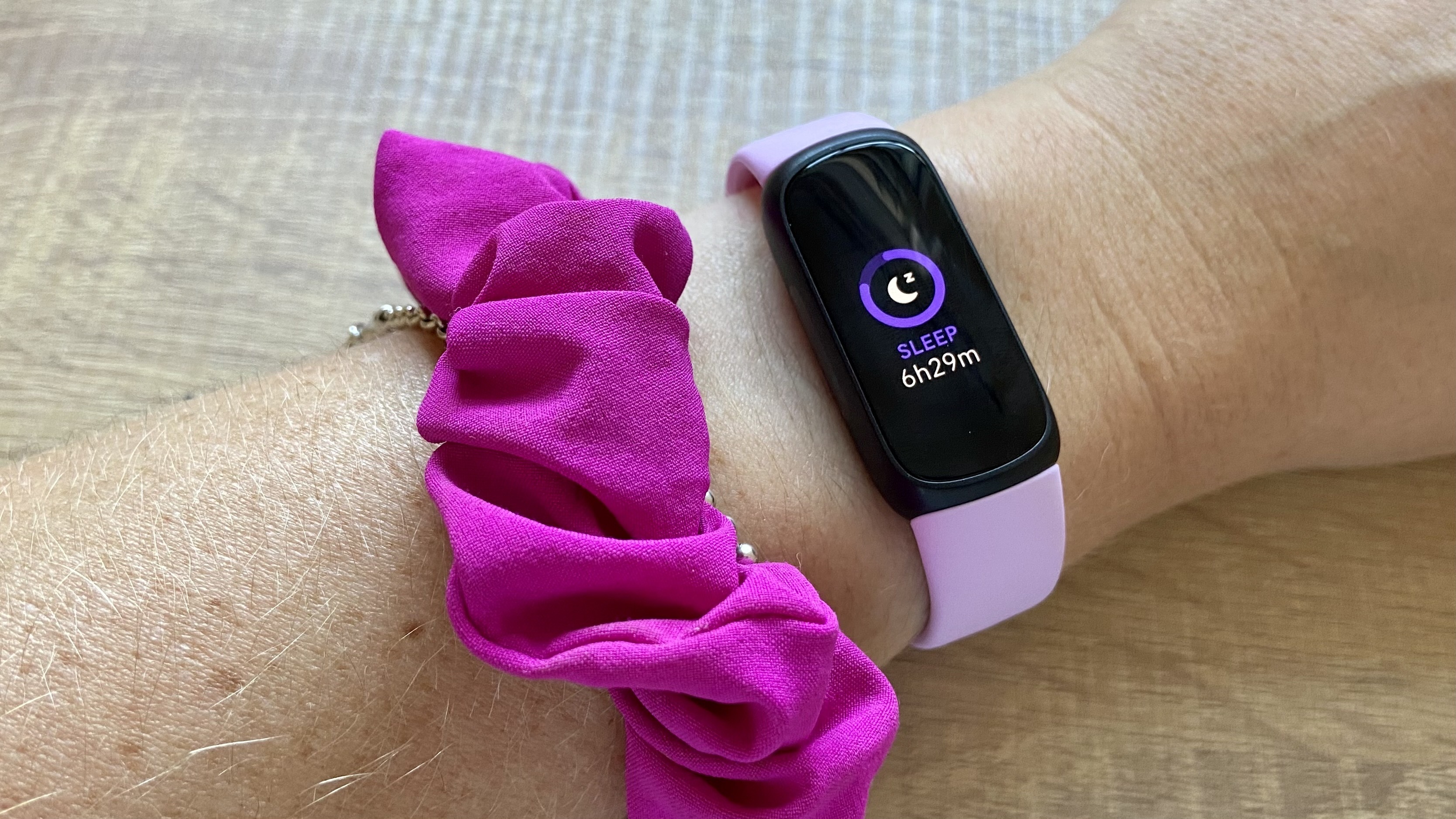

Specifications
Reasons to buy
Reasons to avoid
The Fitbit Inspire 3 is the best value fitness tracker because it nails the basics: heart rate monitoring, accurate workout tracking and logging sleep stages. The fact that it doesn't have a built-in GPS is slightly disappointing but you can connect it to your phone's GPS for location data when necessary.
For $100, you'll get Fitbit's Active Zone Minutes metric, ten days of battery life, touch controls, and, in the biggest update from the Fitbit Inspire 2, a bright, beautiful AMOLED screen. The Fitbit unit is only available in black but is sold with three different band colors — black, lilac and morning glow. The wristband comes in two sizes: small and large.
During testing, I loved how lightweight and comfortable this little tracker was to wear for 24/7 health tracking. I also appreciated how much more premium the tracker feels with a color screen. It won't be for everyone, but if you're looking for an affordable fitness tracker, you can't go wrong with the Inspire 3. Of course, like the Charge 6, some data points require Fitbit Premium.
Read our full Fitbit Inspire 3 review here.
Best Apple fitness tracker
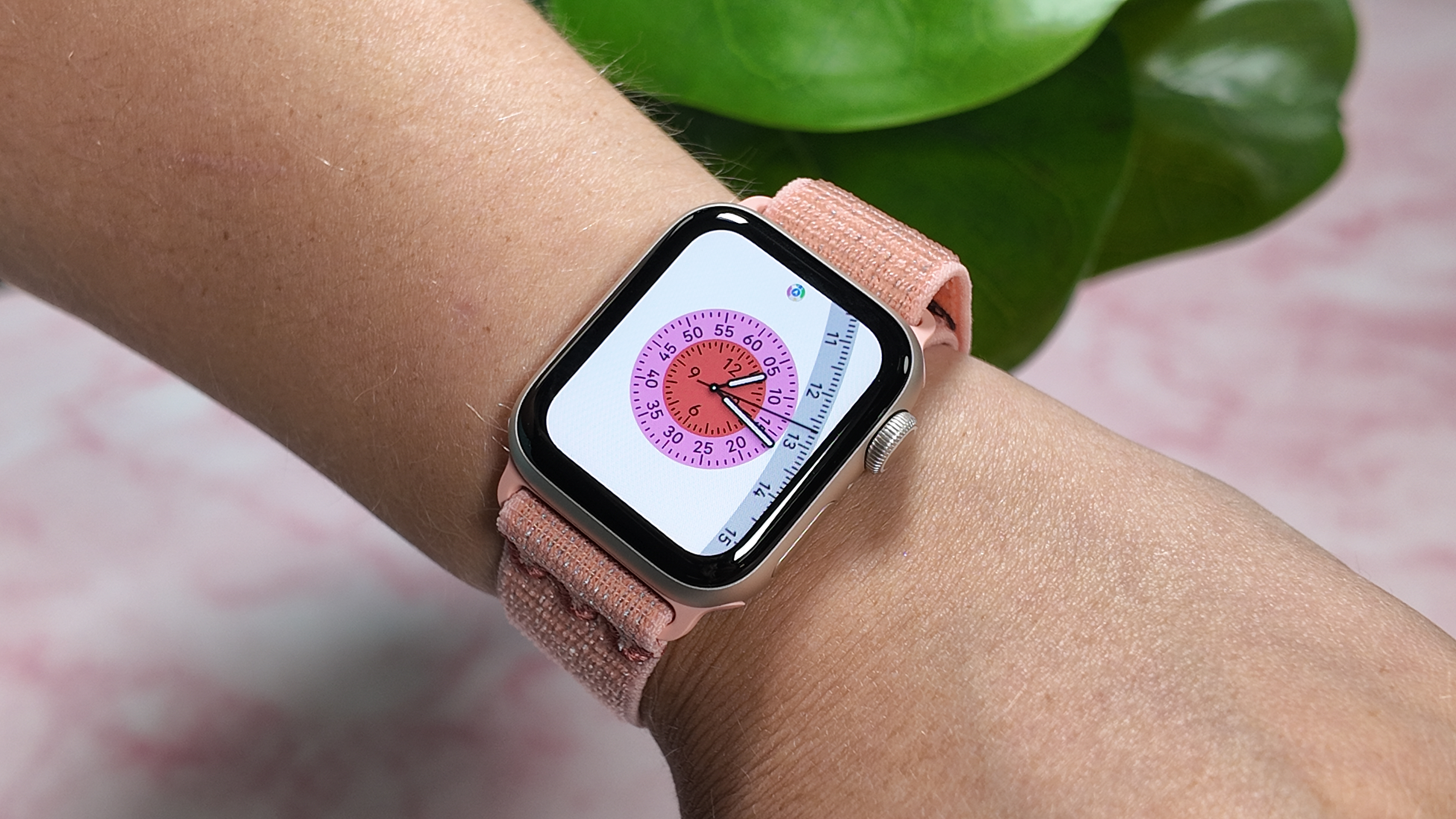
Specifications
Reasons to buy
Reasons to avoid
The Apple Watch SE 3 — is the best affordable smartwatch on the market today and the best budget Apple Watch. Starting at $249, the SE 3 doesn't have all the same bells and whistles found on its pricier siblings, but it's still a mighty capable, handsome, and easy-wearing smartwatch for the money.
It even comes with optional 5G for on-the-go connectivity without the need to carry a paired smartphone. However, that requires a monthly data plan, which may not appeal to the most cost-conscious shoppers.
The SE doesn't offer as bright or large a display as the Series 11 and Ultra 3, but unlike previous versions of the watch, it does have an always-on screen option. It's packed with just about every workout mode you could ever need, and it has built-in GPS. That said, the battery life is less than a lot of the other trackers on this list at 18 hours.
For females using their Apple Watch for cycle tracking, there's no temperature sensor on the Apple Watch SE 3, so you won't be able to pair it with apps like Natural Cycles for accurate data.
But, if those factors aren't deal-breakers for you, then the SE is a tremendous amount of smartwatch for the cash. The 40mm model is also the smallest Apple Watch currently on offer, for folks who prefer a diminutive design.
Read our full Apple Watch SE 3 review
Best fitness tracker under $50
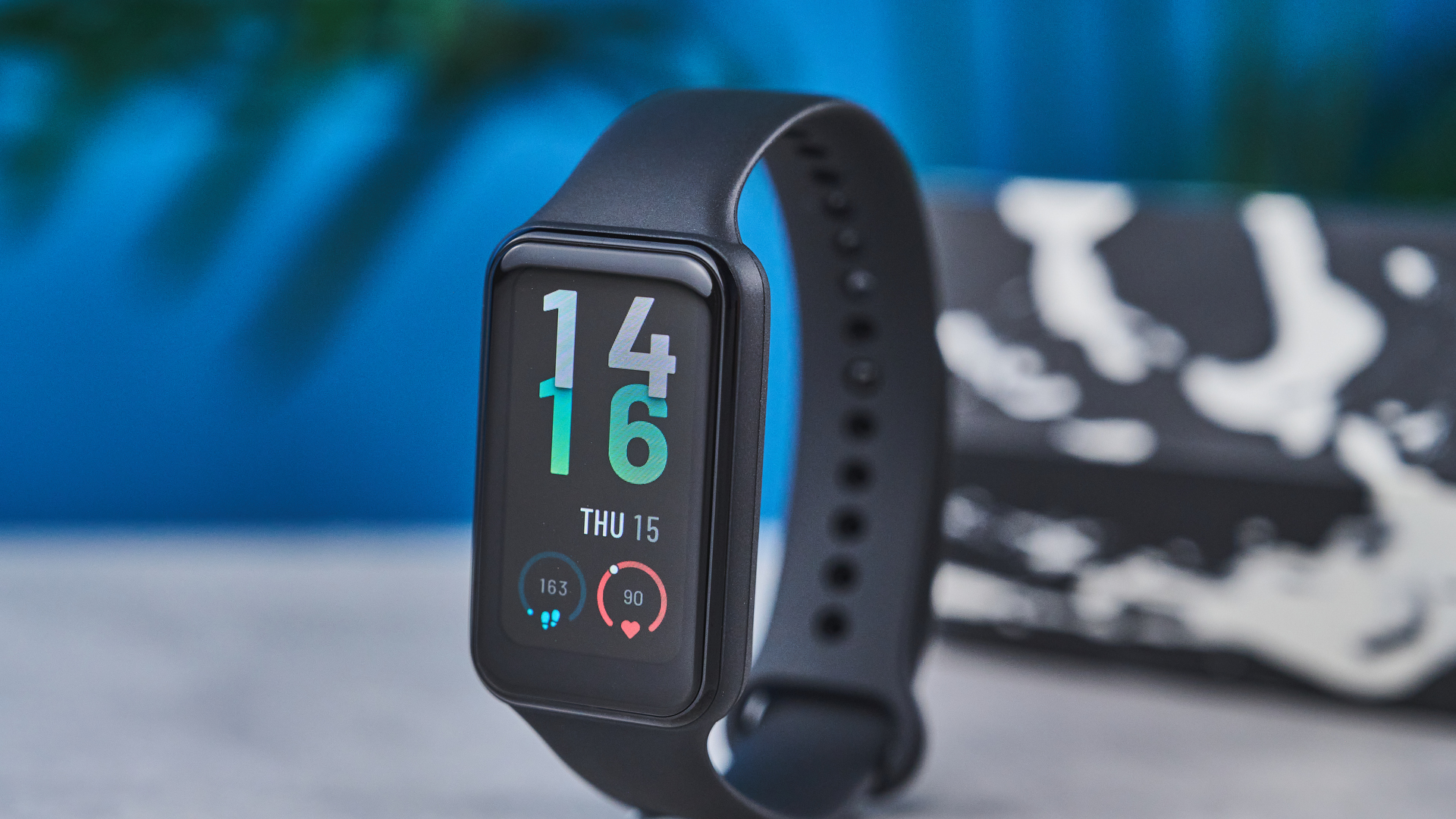

Specifications
Reasons to buy
Reasons to avoid
The Amazfit Band 7 is a $50 fitness tracker that promises many of the marquee features found in more premium wearables but at a fraction of the price. It has blood oxygen (SpO2) readings, notably, unlike the latest Apple Watch (if you're a U.S. customer), stress monitoring, high heart rate alerts and fairly in-depth sleep tracking reports.
Despite its entry-level disposition, the Band 7 also offers Amazon's Alexa voice assistant built-in, a rarity for this class of wearable. However, that pretty much rounds out the list of smart features.
Easy-wearing, with a large (for its class) 1.5-inch touchscreen, the Band 7 doesn't feel cumbersome or out of place on even the daintiest wrists. The user interface is a little clunky, but easy enough to acclimate to.
In our testing, the fitness and sleep tracking on the Amazfit Band 7 proved just as reliable as the pricier competition. Better yet, battery life is fantastic, lasting on average a whopping 20 days per charge during the review period.
There's no onboard GPS, so you will need to carry a phone while you work out for distance and location data. If that bothers you, consider the Amazfit Bip 5 instead.
Read our full Amazfit Band 7 review.
Best fitness tracker under $100
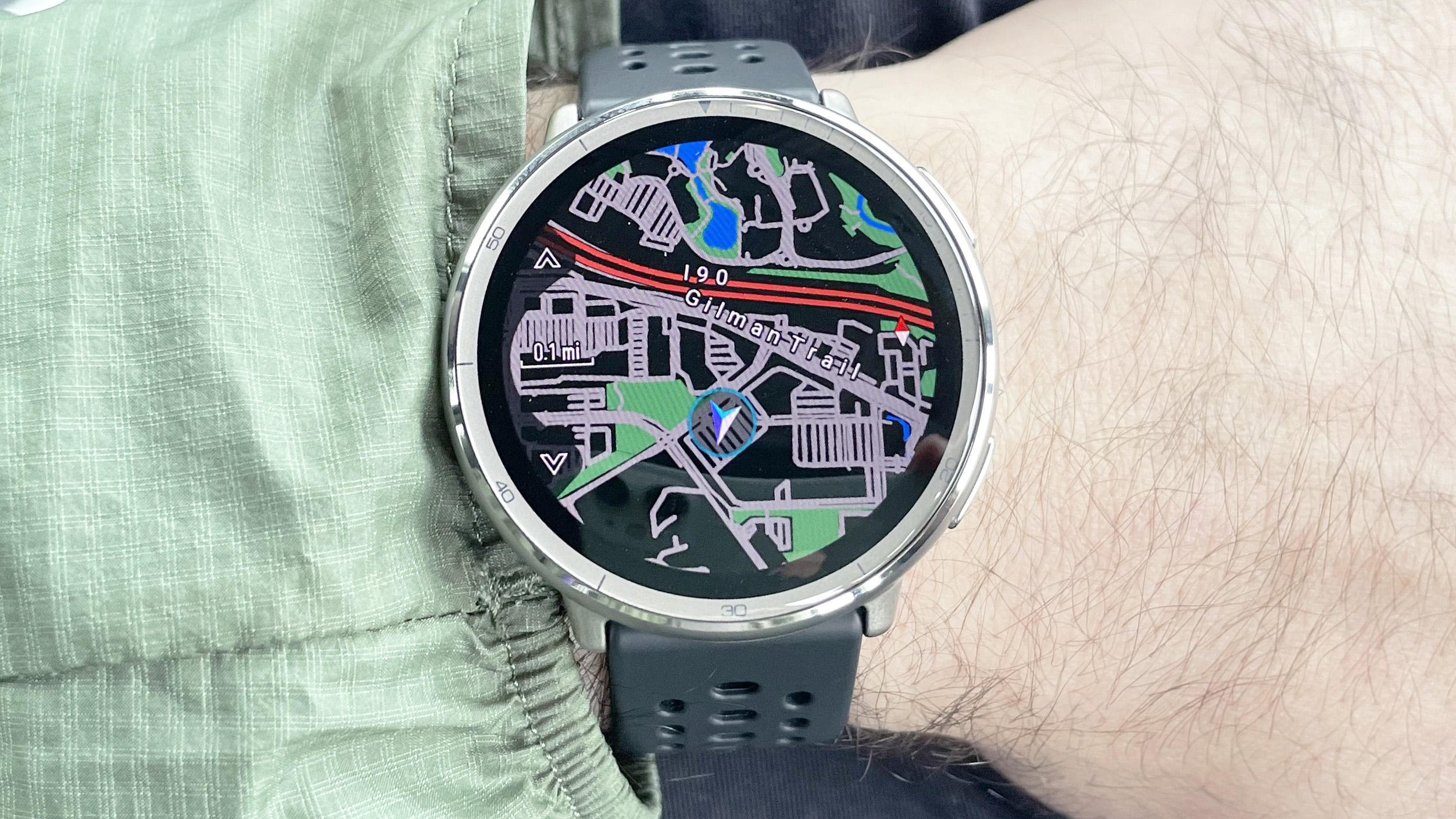

Specifications
Reasons to buy
Reasons to avoid
The Amazfit Active is a slender and comfortable smartwatch with a thin metal case, onboard GPS, over 160 sports tracking profiles, nearly a week of battery and support for offline maps. It's available in both a standard edition for $99 and a more durable premium version for $129.
The 1.32-inch touchscreen maxes out at an impressive 2,000 nits, more than bright enough for daylight viewing. It's also fairly responsive, as are the two physical buttons, but the operating system, Zepp OS, is a bit clunky/buggy. I tested the Active 2's tracking accuracy against some of the best fitness trackers available and found data from the device to be pretty accurate. That said, the Active 2 consistently inflated elevation numbers and occasionally turned in oddly low heart rate metrics
Sleep reports, though not as detailed as Garmin's, prove valuable and fairly accurate in our testing. You get insights into your time spent asleep, sleep cycles, REM and any noted disturbances, along with a daily sleep score out of 100. Similar to Garmin's Body Battery and Fitbit's Readiness Score, the Active 2 also presents a daily Readiness Score to help you make the most of your energy and day.
Smart features are limited, though an onboard mic and speaker let you take calls from the wrist, something I wasn't expecting. And the audio quality is good! There's also an AI-powered voice assistant that's useful for opening apps on the watch, but not much else. There's also support for NFC payments, something often lacking in wallet-friendly wearables.
Navigational tools are a major selling point of the Active 2. The offline maps feature works pretty well; users select a region using the companion app to download to their device, but beyond viewing the map, functionality is limited. The turn-by-turn navigational feature also proved utterly unreliable in testing. On the flip side, the backtrack routing tool for folks who lose their way works impressively well.
Read our full Amazfit Active 2 review
Best Garmin fitness tracker
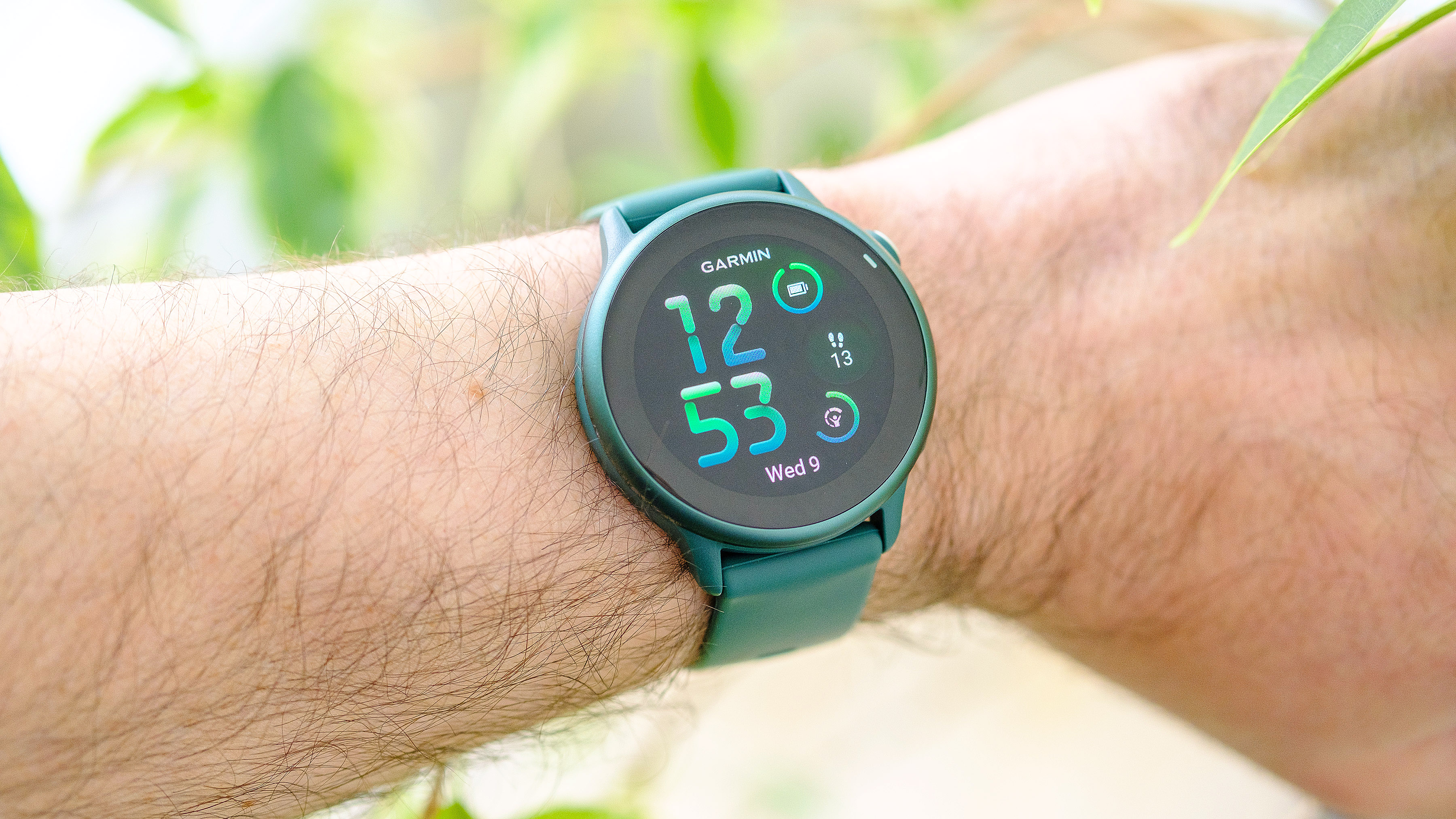

Specifications
Reasons to buy
Reasons to avoid
The Garmin Vivoactive 6 is my favorite Garmin fitness tracker and a perfect alternative to folks considering the Fitbit Sense 2 or Fitbit Versa 4 smartwatches, both of which are near the ends of their lives.
Compatible with both Android and iOS devices, the Vivoactive 6 tracks 80 workout types, while offering most of Garmin's best training tools, including Body Battery (Similar to Fitbit's Readiness Score), daily Sleep Scores, recovery time recommendations and more. You also get onboard GPS for accurate location tracking, sans smartphone. However, there's no altimeter for tracking elevation changes, so climb data should be taken with a grain of salt.
The Vivoactive 6 is also a supremely comfortable and lightweight smartwatch, particularly on my 6.5-inch wrist. The AMOLED screen is bright and easy to view in direct sunlight, while the user interface is responsive and relatively simple to navigate.
The Vivoactive 6 additionally offers some genuinely useful smart features, including support for NFC payments, onboard storage to download music for offline listening and mirrored smartphone notifications.
Read our Garmin Vivoactive 6 review.
Features comparison
| Header Cell - Column 0 | Fitbit Charge 6 | Fitbit Inspire 3 | Amazfit Band 7 | Amazfit Active 2 | Garmin Vivoactive 6 | Apple Watch SE 3 |
|---|---|---|---|---|---|---|
Screen size and type | 1.4-inch AMOLED | 0.7-inch AMOLED | 1.5-inch AMOLED | 1.32-inch AMOLED | 1.2-inch AMOLED | 40mm, 44mm |
Weight | 1.33 ounces | 0.62 ounces | 1 ounce | 1 ounce | 0.81 ounces | 44mm: 32.9 g / 40mm: 26.3 g |
Battery life (tested) | 7 days, 5 hours with GPS | 10 days | 12 days | 5 days, 21 hours with GPS | 11 days, 21 hours with GPS | 18 hours |
Waterproof rating | 50 meters | 50 meters | 50 meters | 50 meters | 50 meters | 50 meters |
Onboard GPS | Yes | No | No | Yes | Yes | Yes |
Mobile payments | Yes - Google Pay | No | No | Yes | Yes | Yes |
Subscription | Optional; $9.99 (monthly) or $79.99 (yearly) | Optional; $9.99 (monthly) or $79.99 (yearly) | n/a | n/a | n/a | n/a |
How to choose the best fitness tracker
When buying a fitness tracker, you should first evaluate your needs. What do you want to track? If you're only using it at the gym to count your steps and your heart rate, a simpler, less expensive fitness tracker will suit you fine.
If, however, you plan to do more outdoor activities, such as running or biking, you may want a fitness tracker with built-in GPS, so you can more accurately see where you're going, and where you went. Dedicated runners and athletes will want to check out our best GPS watches page, too.
If you plan to use the fitness tracker for swimming, you'll want to make sure it's not only waterproof, but that it can also track your laps in the pool.
Many of the best smartwatches have fitness-tracking capabilities, too, and have additional features such as responding to text messages and paying for purchases. But there are trade-offs. However, smartwatches as a whole tend to be more expensive and have shorter battery life than dedicated fitness trackers.
How we test the best fitness trackers
For each new fitness tracker, we evaluate its hardware design and comfort; you need to be able to wear the device all day, and we’ve found that some larger trackers don’t fit well on smaller wrists. If the device has a touchscreen, we look to see how readable it is, especially in bright sunlight. We also examine how easy it is to navigate the fitness trackers' menus; you don't want to have to dig through multiple screens to change your music if you're out running.
We also evaluate features such as step counting and sleep monitoring, distance calculations, and when applicable, GPS and heart rate accuracy. And, we see how well a manufacturer's battery life claims hold up in real-world testing.
Finally, we test how well a device pairs with its companion app, and evaluate the experience of using the two together. We also look to see what features the device's app supports, such as coaching and diet tracking, and if it can sync data with third-party apps, such as MyFitnessPal.
FAQs
How are fitness trackers different from smartwatches?
There's quite a lot of crossover between the best fitness trackers and the best smartwatches. Ultimately, the key difference between the two product categories is intended use.
Fitness trackers may offer some extra bells and whistles, like tap-to-pay and mirrored smartphone notifications, but their primary function is keeping tabs on your daily activity levels, exercise patterns, sleep quality, progress toward fitness goals and workout recovery.
Smartwatches, on the other hand, provide a wider range of functionality and third-party apps in addition to wellness tracking features. For example, smartwatch options in this buying guide, including the Apple Watch 9 and Samsung Galaxy Watch 7 both offer optional support for cellular connectivity. You won't find that on any fitness tracker.
This also means that the best fitness trackers tend to cost less than the best fitness-tracking smartwatches. You can expect to pay between $50 and $200 for the former and $200 to $800 and up for the latter. They also tend to be less cumbersome to wear and longer-lasting than their smarter counterparts.
Which fitness tracker brand is best, Fitbit or Garmin?
Both Garmin and Google (Fitbit) make exceptional fitness trackers. This is why two devices from each brand appear in this guide.
While Fitbits tend to be geared more toward casual workout enthusiasts, Garmin watches are designed for folks looking to take their training to the next level. For instance, devices like the Forerunner 265 and Venu 3 offer tools to help you prep for an upcoming 5K or marathon.
Garmin's top fitness-tracking devices also tend to look like smartwatches while our favorite Fitbits are more streamlined for easy-wearing. This means that the former tends to offer more screen real estate while the latter tends to be lighter and less cumbersome.
Whichever brand you choose, both Fitbit and Garmin trackers are capable of keeping tabs on your daily step count, heart rate, workouts, sleep quality, workout recovery and women's health with impressive accuracy.
Is it okay to sleep with a fitness tracker on?
Yes! In fact, all of the best fitness trackers provide some form of sleep quality tracking, so there's good reason to wear a fitness tracker to bed nightly. However, some devices offer more in-depth analysis than others.
The Samsung Galaxy Watch 7, for instance, tracks a wide array of factors while you snooze, like your body movement, heart rate, breathing data and more to determine the quality of your rest. Heck, it even monitors for snoring. This data is then paired with AI-backed insights to help you make the most of it.
Both the Apple Watch 10 and Samsung Galaxy Watch 7 also monitor for sleep apnea, a potentially serious condition that often goes undiagnosed in users.
From a comfort perspective, smaller devices like the Fitbit Charge 6 and Inspire 3, the Amazfit Band 7 and the Oura Ring 4 may be easier for folks to sleep with than bulkier options, like Garmin Venu 3.
Get instant access to breaking news, the hottest reviews, great deals and helpful tips.

Dan Bracaglia is the Tom’s Guide editorial lead for all things smartwatches, fitness trackers and outdoor gear. With 15 years of experience as a consumer technology journalist testing everything from Oura Rings to instant cameras, Dan is deeply passionate about helping readers save money and make informed purchasing decisions. In the past year alone, Dan has assessed major product releases from the likes of Apple, Garmin, Google, Samsung, Polar and many others.
An avid outdoor adventurer, Dan is based in the U.S. Pacific Northwest where he takes advantage of the beautiful surroundings every chance he gets. A lover of kayaking, hiking, swimming, biking, snowboarding and exploring, he also makes every effort to combine his day job with his passions. When not assessing the sleep tracking and heart rate accuracy of the latest tach gadgets, you can find him photographing Seattle’s vibrant underground music community.
- Jane McGuireFitness editor
 Club Benefits
Club Benefits










